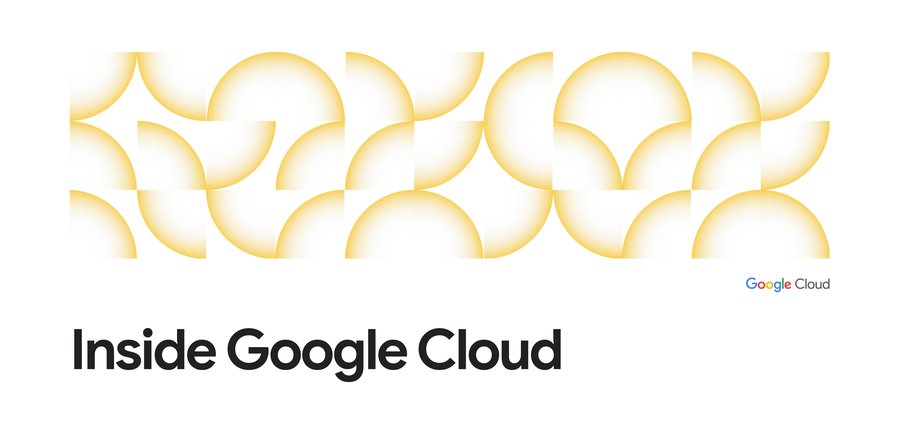Physicians say better data interoperability will save lives

Joe Corkery, M.D.
Director of Product Management, Healthcare & Life Sciences, Google Cloud
Try Google Cloud
Start building on Google Cloud with $300 in free credits and 20+ always free products.
Free trialCOVID-19 affirmed the importance of data in healthcare, as the world rose to the challenge of understanding and fighting the pandemic. For decades, patient data has been stuck in silos, forcing physicians and caregivers to hunt across multiple sources for various bits of information to create a complete picture of a patient’s health. This lack of data interoperability has not only slowed caregivers down, it has impacted their ability to provide the best possible care.
On the flip side, investing in healthcare data interoperability opens up so many possibilities to improve care -- and, to put it bluntly, save lives. It’s one of the things that led me to pursue a career in technology as an M.D.
To better understand the true impact of data interoperability, Google Cloud commissioned The Harris Poll to survey more than 300 physicians across the U.S. The results are surprising, even to someone who has dedicated their career to the promise of using technology to improve healthcare.
Virtually all physicians (96%) agree that easier access to critical information may help save someone’s life, 95% believe increased data interoperability will ultimately help improve patient outcomes, and 86% believe it will significantly cut time to diagnosis. A majority of physicians (63%) say time-consuming, burdensome reporting systems are their biggest pain point. Nearly all physicians (94%) are in favor of increased data interoperability at their healthcare organization, and 95% of those whose organizations have data interoperability measures in place believe it has been beneficial in allowing them to provide the highest quality patient care.
Here are the top four takeaways from our research:
Healthcare data interoperability improves patient experiences and outcomes. The vast majority of physicians (92%) believe technology can have a positive impact on improving patient experiences. Most physicians say increased data interoperability will significantly cut the time to diagnosis for patients (86%) and will ultimately help improve patient outcomes (95%). Physicians also say improved access to patient data would allow them to better communicate with patients (60%); more quickly identify high-risk patients (59%); better recommend appropriate treatments (56%); and make more accurate (53%) and quicker (49%) diagnoses. Virtually all physicians (96%) agree that easier access to critical information may help save someone’s life.
Almost universally, physicians agree they could provide more personalized care with increased operational efficiency. The overwhelming majority (91%) of physicians wish their healthcare organization operated more efficiently so as to free up their time to provide more personalized care. More than 9 in 10 physicians say the ability to efficiently incorporate patient data into care plans is critical to care coordination (91%), and the use of inefficient electronic health records systems (which require excessive scrolling, pop-ups, manual data entry, etc.) has had a negative impact on their ability to deliver quality care (92%). Most physicians (90%) say if they could reduce the time they spend on reviewing/updating their patients’ healthcare records by 5%, they would be able to provide more personalized care.


Physicians are hamstrung by inefficient reporting systems. A majority of physicians (63%) report that the biggest pain point at their healthcare organization right now is a burdensome, time-consuming reporting system. They typically spend an average of four hours each day reviewing or updating their patients’ healthcare records, with nearly 1 in 10 (9%) saying they spend at least 10 hours each day updating patients’ healthcare records. The majority find that they often need to enter the same patient/clinical data into multiple systems (62%), and they spend too much time toggling between different health systems of record (68%).
Physicians are practically unanimous: interoperability should be a priority. Nearly all physicians (94%) favor increased data interoperability at their healthcare organization and most (86%) believe that the benefits far exceed any potential challenges. Among those who already have data interoperability measures in place, nearly all (95%) believe it has been beneficial in allowing them to provide the highest quality patient care, with 1 in 4 (26%) saying it has been very beneficial. That probably explains why nearly 9 in 10 physicians (87%) say data interoperability should be a priority at their healthcare organization right now, with nearly 2 in 5 (38%) saying it should be a high priority right now.
With the interoperability and patient access policies and rules set by the Centers for Medicare & Medicaid Services (CMS) now in effect, it's more important than ever for healthcare organizations to ensure they are implementing the right technology to support these policies. Through the Google Cloud Healthcare Interoperability Readiness Program, Google Cloud is proud to partner with healthcare and life science organizations in their interoperability journeys and ultimately help save patient lives. Click here to download an infographic summarizing the survey results.
Survey methodology: The survey was conducted online within the United States by The Harris Poll on behalf of Google Cloud from June 9 – 29, 2020 among 303 physicians who specialize in Family Practice, General Practice, or Internal Medicine, who treat patients, and are duly licensed in the state they practice. Physicians practicing in Vermont were excluded from the research. This online survey is not based on a probability sample and therefore no estimate of theoretical sampling error can be calculated.




